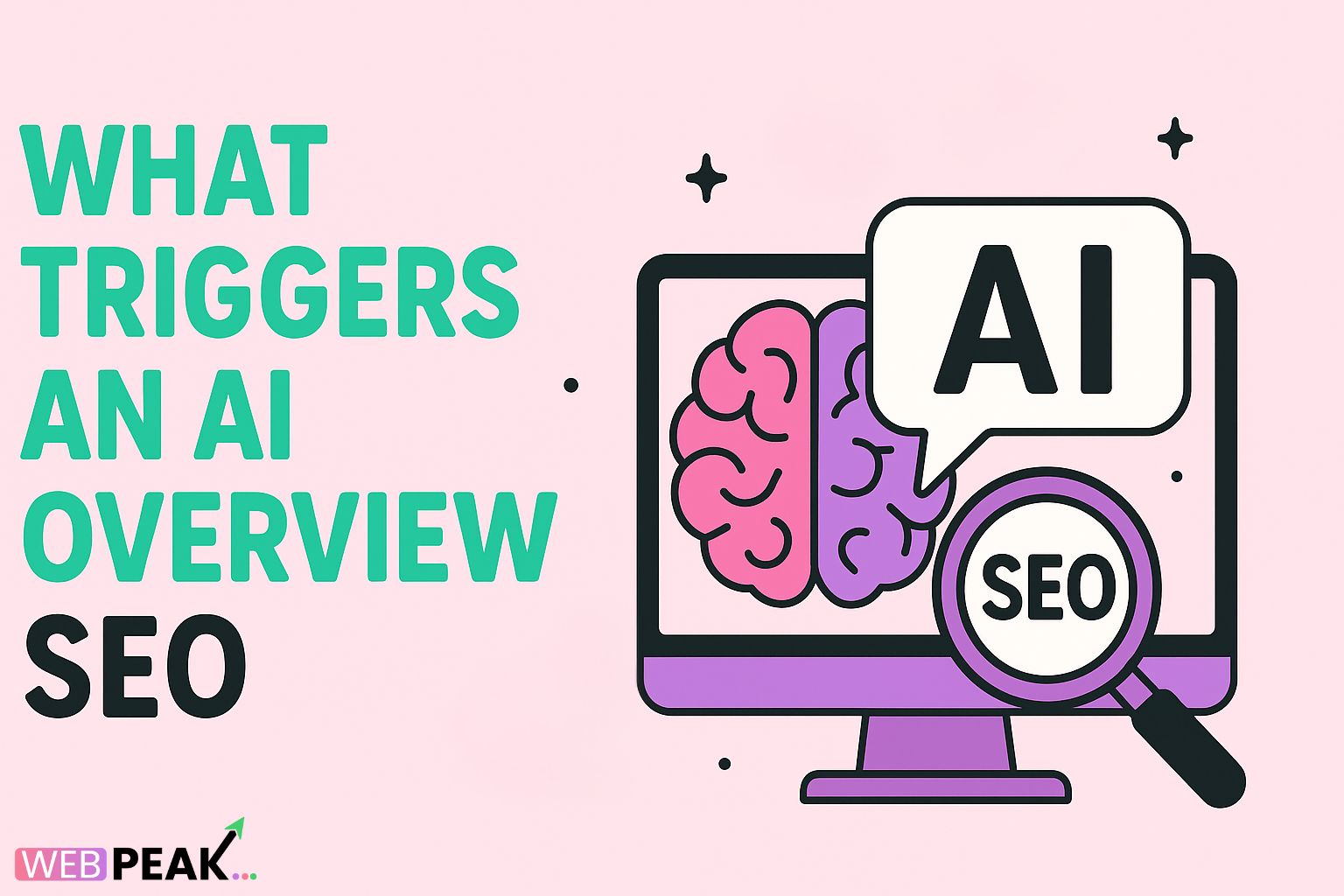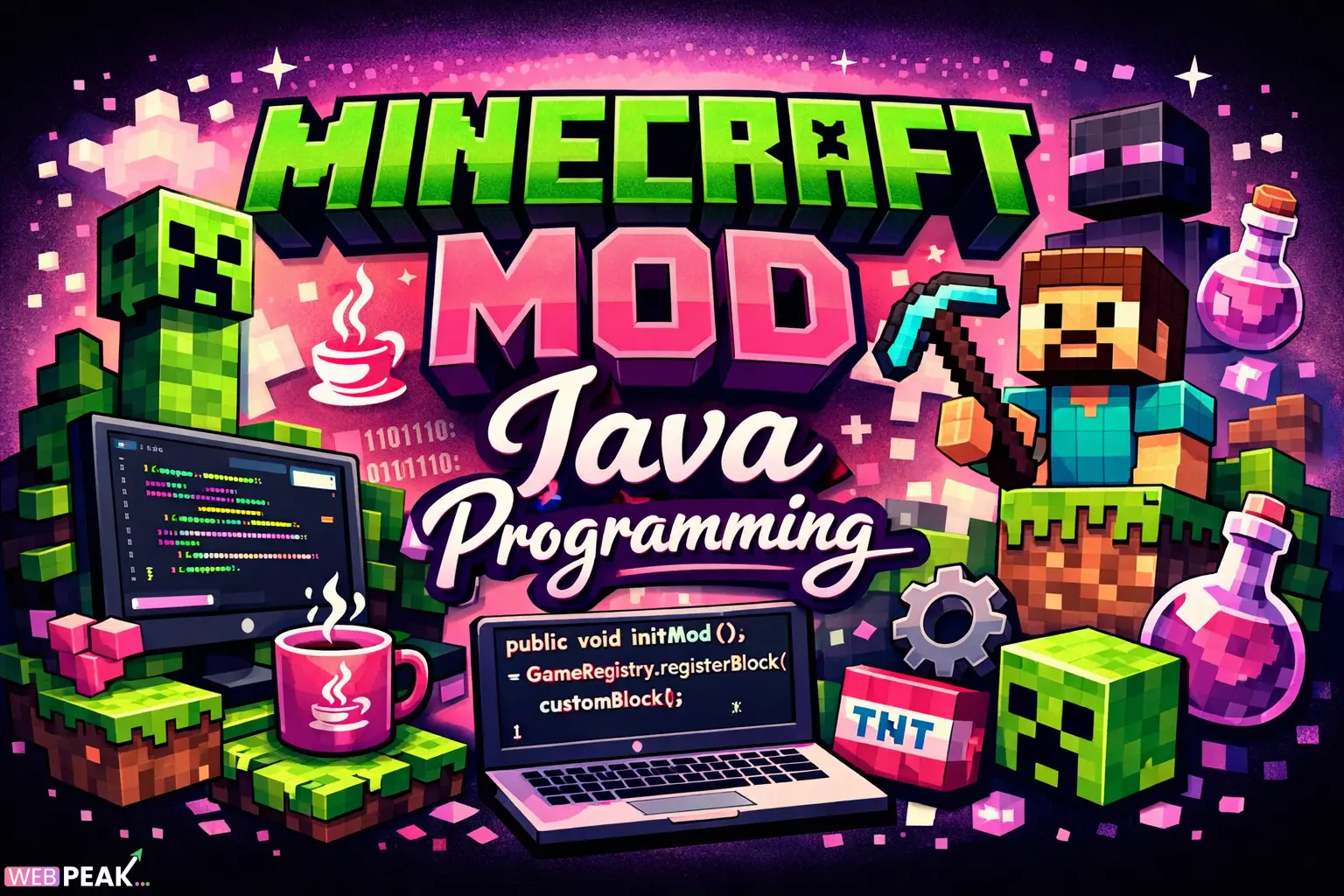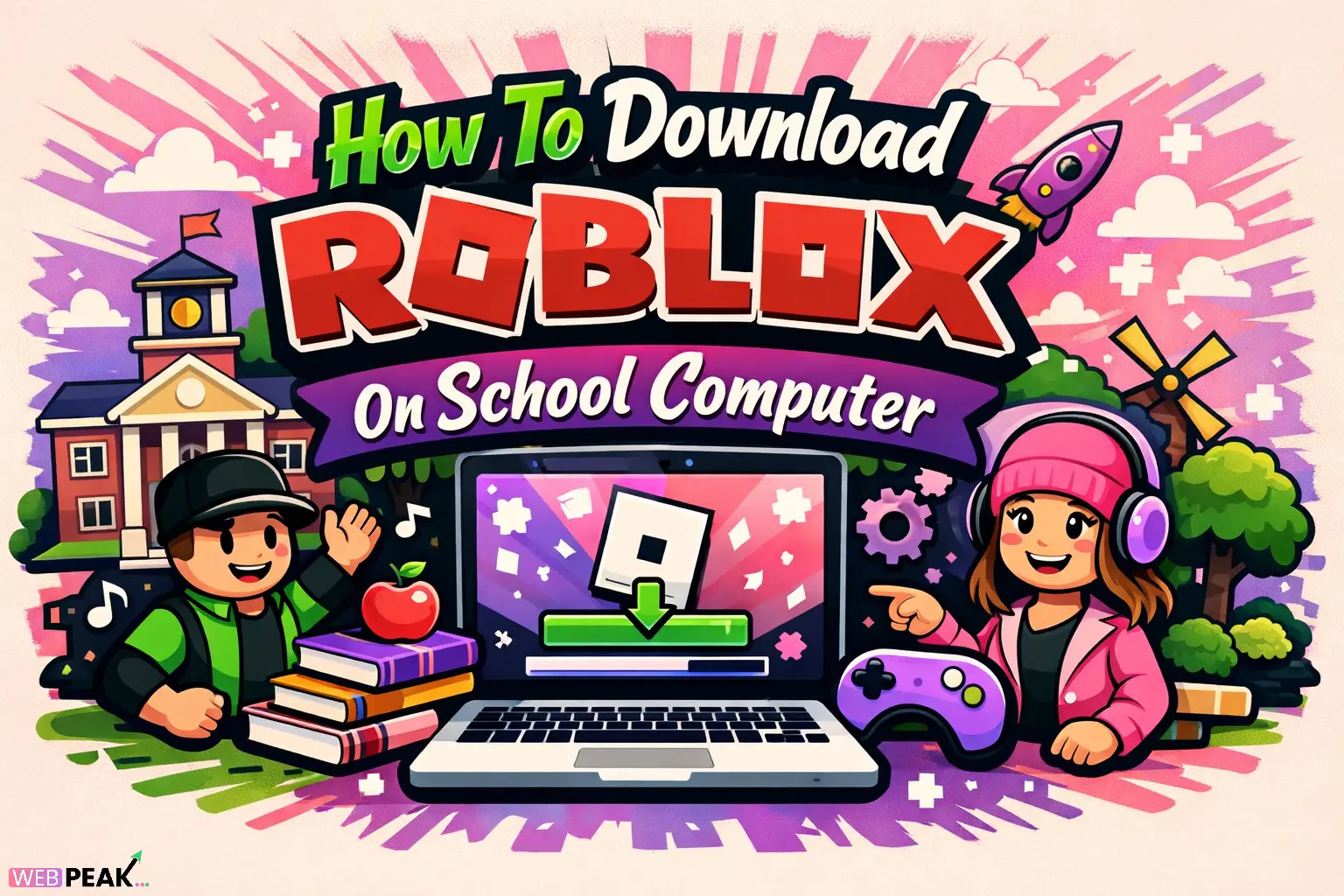What Triggers an AI Overview SEO
Understanding what triggers an AI Overview SEO has become essential for marketers, brands, and website owners as search engines increasingly rely on generative AI to summarize and deliver information directly in search results. Within the first few seconds of any query, AI evaluates relevance, content structure, authority signals, and user intent to determine whether a page deserves to be featured. In this guide, we’ll break down the mechanics behind AI-driven visibility, explore the ranking factors that shape these new SERP experiences, and outline the steps you can take to optimize your site for AI-powered search environments.
You will also find an actionable SEO checklist, advanced optimization tips, and a complete FAQ section. This guide is uniquely crafted to help you future-proof your search strategy as AI transforms how users discover information online. This article is created for WEBPEAK, a full-service digital marketing company providing Web Development, Digital Marketing, and SEO services.
Understanding AI Overview SEO in Modern Search
AI Overviews—sometimes referred to as AI snapshots, AI summaries, or generative search results—are short, machine-generated explanations that appear at the top of search results. They aim to answer a user’s query instantly using data compiled from multiple authoritative sources.
Google, Bing, and other search engines now rely heavily on large language models (LLMs) to extract insights, verify information, and build context-aware summaries. These models analyze massive sets of content, evaluate topical authority, and determine which sources deserve citation or influence over the generated output.
Why AI Overviews Matter for SEO
- They represent a new “position zero” in search results.
- They can dramatically increase (or decrease) organic visibility.
- They favor high-quality, structured, and trustworthy content.
- They reduce clicks to low-value or thin content pages.
What Triggers an AI Overview in Search Results?
AI Overviews appear when the search engine determines that the user intent would be better served by a synthesized, context-rich answer instead of a list of individual links. Understanding these triggers is essential for optimizing your content.
1. Complex, Multi-Step, or Interpretive Search Queries
AI Overviews often trigger when a user submits a query requiring explanation, comparison, synthesis, or reasoning. Examples include:
- “How to compare project management tools for large teams”
- “SEO content strategy for local businesses in 2025”
- “Best ways to speed up an eCommerce website without plugins”
These queries cannot be answered by a single webpage, making them ideal for AI-generated summaries.
2. Ambiguous or Information-Dense Queries
When search engines detect multiple possible interpretations or sub-topics within a query, they may trigger an AI Overview to help clarify intent.
For example:
- “How does backlink authority work?”
- “Core Web Vitals importance”
- “Best CRM strategies for small teams”
These topics span multiple domains, so the search engine uses AI to determine what the user may be seeking.
3. When Authoritative, High-Quality Sources Exist
AI Overviews require reliable data to generate accurate responses. They appear only when trusted, authoritative, well-structured content exists within the topic ecosystem.
If your site demonstrates topical expertise, E-E-A-T (Experience, Expertise, Authoritativeness, Trust), and consistent content depth, you are more likely to be cited or influence an AI Overview.
4. When Search Intent Shows Users Want Instant Answers
Examples of intent types where AI Overviews frequently appear:
- How-to intent: “How to configure GA4 events manually”
- Transactional research intent: “Which email marketing platform is best for freelancers”
- Educational intent: “What is a semantic cluster in SEO?”
The more aligned your content is with these intents, the higher your chances of being referenced by AI summaries.
Key SEO Signals That Influence AI Overview Visibility
AI models do not use traditional ranking signals alone. They rely on more advanced signals to determine whether your content should be included in generated outputs.
1. Topic Depth and Semantic Coverage
AI platforms evaluate how deeply your content explores a topic. Articles that cover multiple angles, subtopics, FAQs, examples, use cases, data, and explanations tend to perform better in AI-driven environments.
2. Structured Content Layout
- Clear H1, H2, and H3 structure
- Ordered and unordered lists
- FAQ blocks
- Tables, comparisons, and step-by-step guides
Structured content makes it easier for AI to extract, summarize, and interpret your writing.
3. Freshness and Recency
AI models prioritize updated information. Outdated SEO strategies or obsolete examples will reduce the likelihood of appearing in AI overviews.
4. High Authoritativeness and Trust Signals
AI systems prefer credible authors and sources. Trust signals include:
- Expert authorship and bios
- Relevant certifications and experience
- Published research, original studies, and data
- High domain authority and topical relevance
5. Natural Language Optimization (NLO)
AI Overviews rely on natural language processing. Pages written in conversational, context-aware language have a higher likelihood of being used.
6. Schema Markup Implementation
Using structured data helps AI understand the context, purpose, and accuracy of your content.
- FAQ Schema
- How-To Schema
- Article Schema
- Organization Schema
How to Optimize Content for AI Overview SEO
Optimizing for AI-driven search requires a blend of traditional SEO principles and new AI-centered strategies.
1. Create Deep, Comprehensive Topic Pages
AI models reward content that exhaustively covers a topic. Instead of short blog posts, develop complete resource hubs.
2. Use Intent-Driven Keyword Clusters
Include variations of questions, long-tail keywords, and task-based phrasing, such as:
- How to…
- What is the best way to…
- Why does… happen?
- Examples of…
3. Optimize for Conversational Queries
AI search mimics human question patterns. Write content as if answering a conversation with your user.
4. Add Credible References and Real Data
AI models analyze factual accuracy. Sites that provide vetted information stand out.
5. Provide Step-By-Step Solutions
These are highly favored by AI Overviews because they are easy to extract and summarize.
6. Improve Page Experience
Core Web Vitals still matter because AI algorithms incorporate user behavior, page speed, and UX metrics.
Actionable AI Overview SEO Checklist
- Create content that thoroughly answers user questions.
- Use structured data (FAQ, How-To, Article Schema).
- Include an FAQ section on key pages.
- Build topic clusters covering related subtopics.
- Keep articles updated with fresh data.
- Add expert quotes or real-world examples.
- Optimize content to be conversational and clear.
- Improve internal linking to support topical authority.
- Ensure high-quality, accurate, trustworthy content.
- Include comparisons, lists, and structured explanations for easier AI parsing.
FAQs About What Triggers an AI Overview SEO
1. Why does an AI Overview appear for some queries but not others?
AI Overviews appear when search engines detect complex or multi-step user intent, requiring synthesized answers instead of individual links.
2. Can my website be cited in an AI Overview?
Yes. If your content is authoritative, well-structured, comprehensive, and trustworthy, AI may use it to generate summaries.
3. How does AI decide which content to use in summaries?
AI evaluates content depth, semantic richness, accuracy, topical authority, freshness, and formatting structure.
4. Do keywords still matter for AI Overview SEO?
Yes, but keyword usage must be natural and intent-driven. AI prioritizes context over exact matches.
5. Does schema markup help with AI Overviews?
Yes. It gives AI clearer signals about the purpose, structure, and relevance of your content.
6. Are AI Overviews replacing organic search results?
Not entirely, but they are reshaping how visibility works. Optimizing for AI Overviews ensures your content stays competitive.
7. How often should I update content for AI SEO?
Updating quarterly—or monthly for fast-changing industries—is recommended for AI visibility.





